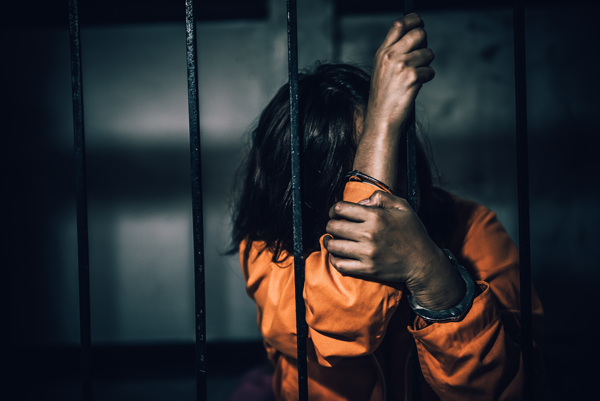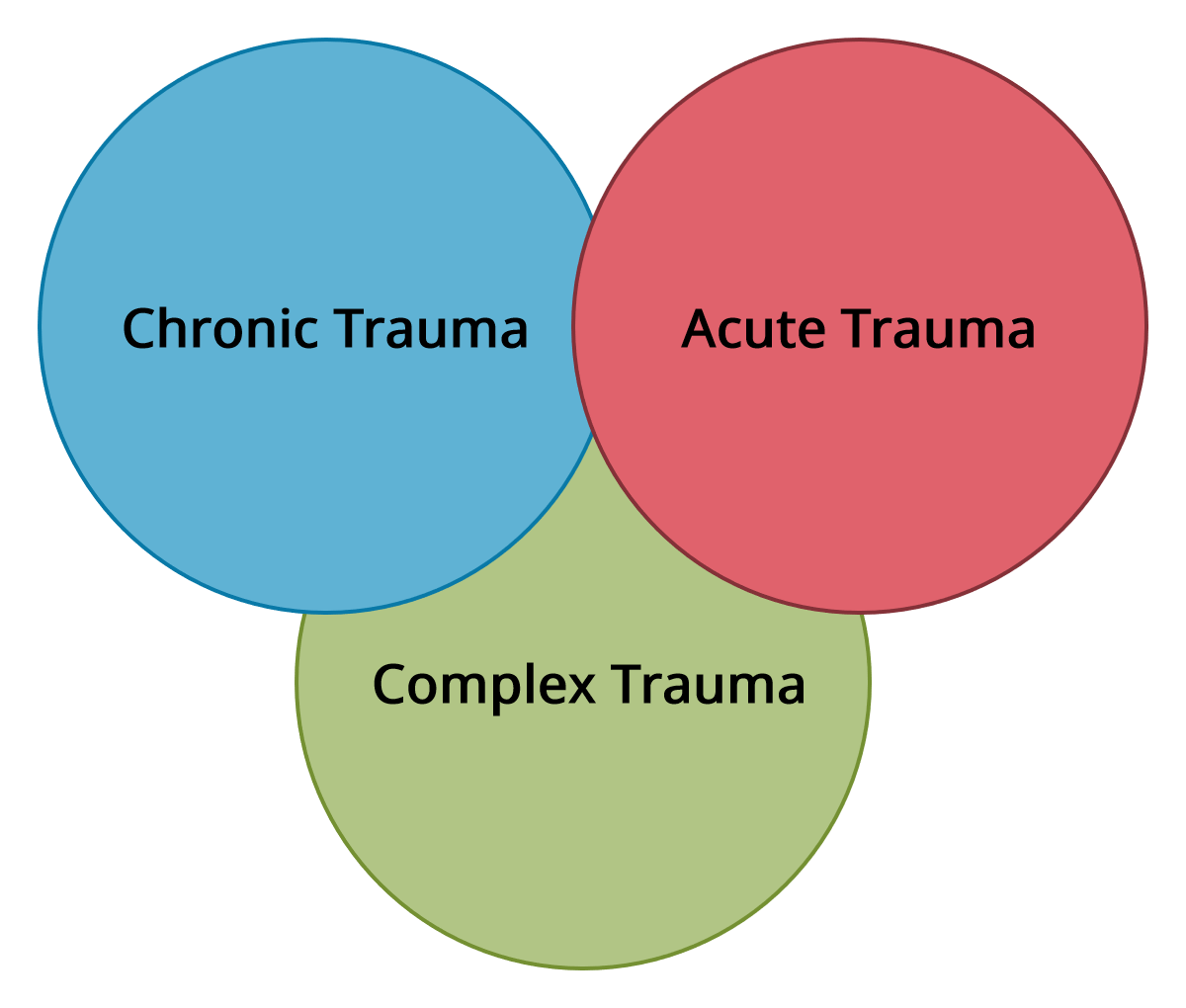Mental illness is common throughout the United States. Nearly 20% of all adults in the US struggle with it. Despite how common it is, mental illness still carries a significant stigma. And though treatment is becoming more effective and more widely accepted, there is still a long way to go to remove the societal barriers that prevent people from getting the help they need.

Mental Illness and Trauma
Mental illness often stems from trauma. It has been proven that trauma can alter the way that a brain operates, both chemically and psychologically. In many instances, mental illnesses develop as a result of an unhealthy environment during childhood. This can include households where the children dealt with significant amount of stress, abuse, neglect, or addiction problems. This means that the people who come from dysfunctional backgrounds are more likely to deal with mental illness later in life. Besides childhood trauma, there are many other forms of traumas that can impact the wellbeing of any human being.
This includes:
- Acute trauma: This may stem from one single stressful or dangerous event that someone encountered in their life that has a lasting impact.
- Chronic trauma: This type of trauma is from repeated or long exposure to extremely stressful and fearful situations that take a toll on the mind and body. Examples include prolonged exposure to violence, abuse, or bullying.
- Complex trauma: This type of trauma can be from experiencing multiple traumatic events over time.
A disproportionate amount of people in prison suffer from mental illness. Currently, the system simply warehouses the vast majority of people with mental illness, and few people in the system receive effective treatment. Almost 40% of people in state and federal prisons are struggling with some type of diagnosed mental illness. In locally-run jails, that number is even higher.
Prisons and jails often cause further mental harm to many incarcerated people. Over a quarter of incarcerated people report that they experience significant psychological distress in their environment.

This means that people who dealt with trauma early in life are far more likely to be incarcerated in a prison system that can cause even more trauma on the mind and body, and then have very little access to the care that they need.
America’s carceral system is broken, causing real pain and harm to vulnerable people. At the Fair Fight Initiative, we represent people with mental illness at risk of being sucked into the criminal justice system and fight to protect those already in the system. We operate on donations, which allow us to work with poor and marginalized people and their families at no cost to them. We are working to make the system a fair place where everyone can have a chance to succeed.
Please consider making a donation today. Donations to us are tax deductible and help us provide vital resources to people who have never been given the help they need.
